
Building a new home and VAT
The VAT DIY Housebuilders scheme is a special scheme that enables someone building their own home to benefit from special VAT rules that allow the qualifying construction costs of new homes and

The VAT DIY Housebuilders scheme is a special scheme that enables someone building their own home to benefit from special VAT rules that allow the qualifying construction costs of new homes and

VAT retail schemes are a special set of schemes used by retail businesses to account for VAT. The schemes are used by businesses that sell a significant amount of low value and/or small quantity
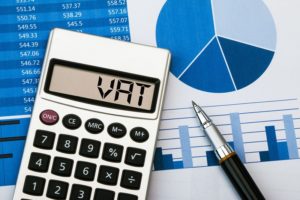
Distance selling is the term used to describe supplies of delivered goods from one EU Member State to a customer in another member state who is not registered for VAT.
The recipients of most

Businesses that deferred VAT payments last year have until 21 June 2021 to join the new online payment scheme. This would allow them to spread the cost of repayment over a number of months. The VAT
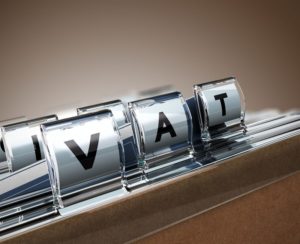
When a VAT registered business issues an invoice to their customer, they must ensure that they charge the correct rate of VAT. Whilst most businesses in the UK charge VAT at the standard rate of 20%

When VAT registered traders issue an invoice to a customer, they must seek to ensure that the correct rate of VAT is charged. Whilst most businesses in the UK charge VAT at the standard rate of 20%
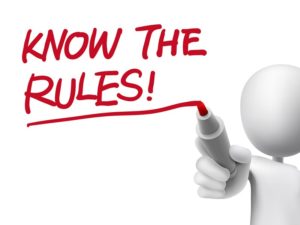
The transfer of a business as a going concern (TOGC) rules concern the VAT liability of the sale of a business. Normally the sale of the assets of a VAT registered or VAT registerable business will be

Where an error on a past VAT return is uncovered, businesses have a duty to correct the error as soon as possible. As a general rule, any necessary adjustment can be made on a current VAT return.
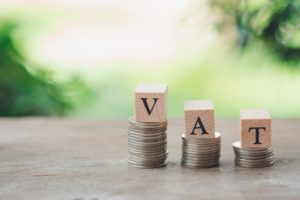
The VAT Flat Rate Scheme has been designed to simplify the way a business accounts for VAT and in so doing reduce the administration costs of complying with the VAT legislation. The scheme is open to

Businesses that took the option to defer the payment of their VAT liabilities between 20 March 2020 and 30 June 2020 need to decide what course of action they will take.
There are two options

It has been confirmed, by the Chancellor, that the taxable turnover threshold that determines whether businesses should be registered for VAT will be frozen at £85,000 until 31 March 2024. The taxable
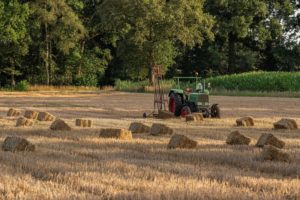
Businesses that use the flat rate scheme pay VAT as a fixed percentage of their VAT inclusive turnover. The VAT Agricultural Flat Rate Scheme is a variant of the flat rate scheme specifically designed